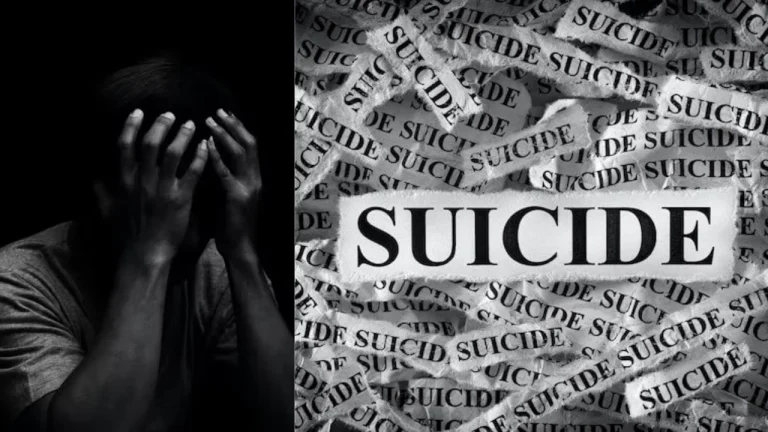Mental health experts have advised Nigerians not to take suicide attempts for granted.
They made this declaration while speaking at the weekend during a webinar on the topic, ‘Suicide prevention: warning sings, risk factors and intervention strategies’.
The experts who spoke at the webinar organised by FriendnPal, MyMedicare and Olive Community Development Initiative (OCDI), maintained that suicide is the third leading cause of death among 15-29 year olds, with 73 percent of global suicides occurring in low and middle-income countries.
The key risk factors according to the experts include depression, post-traumatic stress disorders, financial problems, social isolation, and drug abuse.
A resident Psychiatrist at the University of Port Harcourt Teaching Hospital (UPTH), who is the keynote speaker, Dr. Iberedem David, said that suicide has no respect for age, sex or social status.
David advised Nigerians not to take suicide attempts for granted.
She said problems like depression and other mental illnesses, post traumatic stress disorders, social isolation, drug abuse, poverty and other social factors may cause suicide.
According to her, more public awareness, pubic education and proper legislation should be put in place to reduce cases of suicide.
“Don’t take suicide attempts for granted, no matter the age of the person. Nobody just wake up and go to commit suicide. There are warning signs.
“There are some people who attempted to commit suicide, but when they were given therapy, they changed their minds. Their mind can be changed. Some of them usually hide what they want to do. It is not 100 per cent hereditary. It can affect all classes of people.
“Predisposing factors are depression and other mental illnesses, post traumatic stress disorders. More awareness and campaign and education is key too. We must also note that suicide is a sin in Nigeria”.
Other mental health experts at the event who spoke as panelists include Dr. Chukwuka Obodo, Omolola Awosika and Blessing Akanbi.
The panelists stressed the importance of community and social network groups in providing support and interventions.
They also encouraged Nigerians to prioritise their emotional wellbeing.
